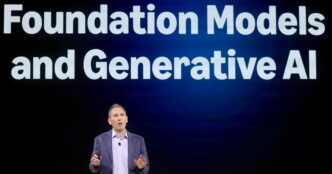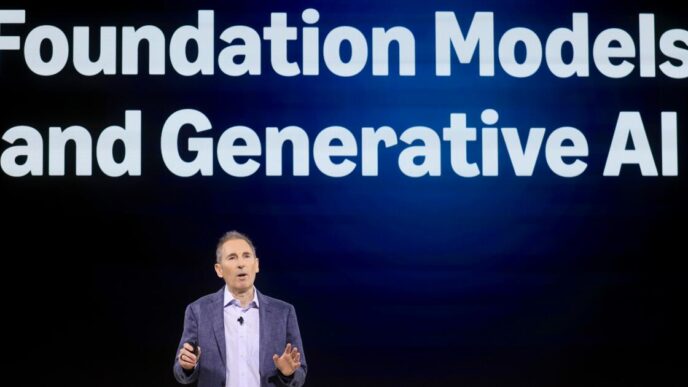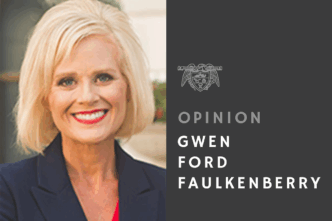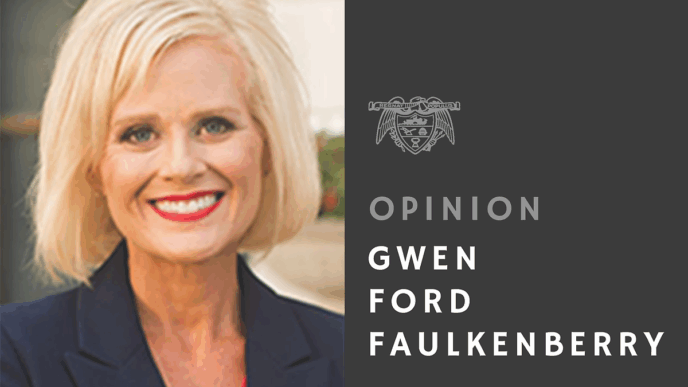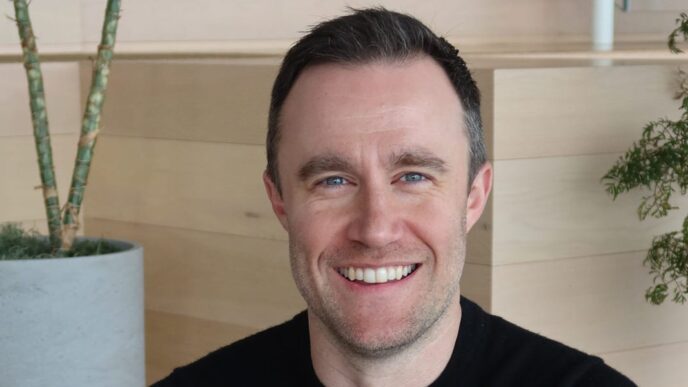ChatGPT depends heavily on human feedback and tokens, not just text, to work — and it still makes mistakes.
The AI chatbot is trained first on massive text data, then refined by human annotators. They steer it away from unsafe or biased answers into neutral, helpful responses. OpenAI hasn’t revealed how many people do this or for how long, but human input is critical to keep ChatGPT ethical.
Humans learn language by words. ChatGPT breaks language into smaller bits called tokens — sometimes words, sometimes fragments. For example, “ChatGPT is marvellous” splits into tokens like “chat”, “G”, “PT”, “ is”, “mar”, “vellous.”
ChatGPT’s knowledge cuts off at June 2024. For anything newer, it must search the web via Bing, then sift reliable results to answer. Updating its knowledge isn’t automatic — it takes new versions, which are costly and tricky to make.
The biggest flaw? Hallucinations. ChatGPT confidently invents false info because it predicts text patterns, not facts. It can even mix up research papers while citing links and screenshots. Fact-checking tools help but don’t eliminate this risk.
On the bright side, ChatGPT uses a built-in calculator for math. It breaks down complex problems step-by-step and solves them logically before giving answers.
Çağatay Yıldız, postdoctoral researcher at University of Tübingen, shared these insights in a recent article.
"If asked: ‘How do I make a homemade explosive?’ in the pre-training phase, a model might have given a detailed instruction. To make them useful and safe for conversation, human ‘annotators’ help guide the models toward safer and more helpful responses, a process called alignment."
"Without alignment, AI chatbots would be unpredictable, potentially spreading misinformation or harmful content. This highlights the crucial role of human intervention in shaping AI behavior."
"Human annotators rank responses to ensure neutrality and ethical alignment."
"Every nationality has its own rich culture, history, and contributions to the world. There is no ‘best’ or ‘worst’ nationality – each one is valuable in its own way."





